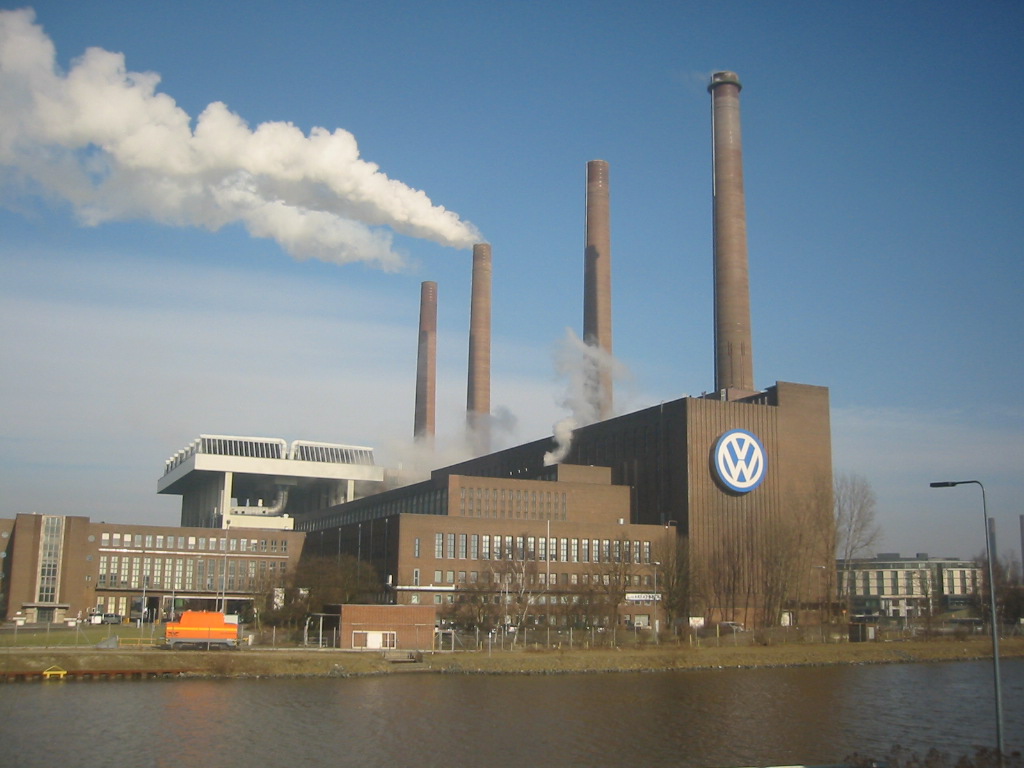Germany can achieve its climate target for 2030
Others are reading now
Germany believes that the climate target set for 2030 is achievable based on current greenhouse gas forecasts. But to do this we have to stay the course, states Economics Minister Habeck. Transportation remains the “problem child of climate protection”.
According to a recent projection by the Federal Environment Agency (UBA), Germany is expected to see a more substantial decrease in greenhouse gas emissions by 2030 than previously anticipated.
Economics Minister Habeck considers this as a sign that Germany is “on track” for the first time, attributing the positive outlook to the effective climate protection measures implemented by the government.
The UBA’s forecast predicts a nearly 64 percent reduction in emissions by 2030 compared to 1990 levels, aligning closely with the country’s goal of a minimum 65 percent reduction.
Also read
Notable Decrease in Emissions
Germany has already recorded a ten percent decrease in greenhouse gas emissions compared to 2022, marking the steepest decline since the country’s reunification in 1990. This progress puts Germany on course to surpass the legally mandated reduction by 47 million tons of CO2 by 2030.
UBA President Dirk Messner has confidence in Germany’s ability to meet its climate objectives, stating: “We have already made a lot of progress in climate protection. We’re not out of the woods yet, but the speed we’ve picked up is good.”
Messner has cited the advancements in renewable energy and a decrease in coal usage in power plants as key factors. For the first time in many years, Germany has also imported more electricity than it exported, further benefiting its climate balance.
Challenges and Opportunities Across Sectors
While significant strides have been made, progress varies across different sectors.
The energy, industry, agriculture, and waste management sectors are on track to exceed their targets. However, the transport and building sectors lag behind, despite showing some improvement. The transport sector, in particular, faces criticism for its slow adoption of electric vehicles.
The economic downturn and high energy prices following the conflict in Ukraine have inadvertently contributed to a reduction in emissions, especially in energy-intensive industries. However, projections suggest that as the industry recovers, emissions will continue to decrease due to ongoing climate protection initiatives.
Calls for Stronger Climate Action
Despite the optimistic forecast, environmental groups urge the government to implement more robust climate policies.
Greenpeace and WWF representatives warn against conflating economic challenges with climate success, emphasizing the importance of strategic and sustainable economic restructuring for long-term emission reductions. The Climate Alliance Germany and the German Nature Conservation Association also advocate for effective climate protection programs and stress the significance of sector-specific goals in the Climate Protection Act.
As Germany aims to become climate-neutral by 2045, the government has proposed amendments to the Climate Protection Act to facilitate sectoral emissions clearing.
This legislation has yet to be passed, and the potential changes would not apply retroactively.


